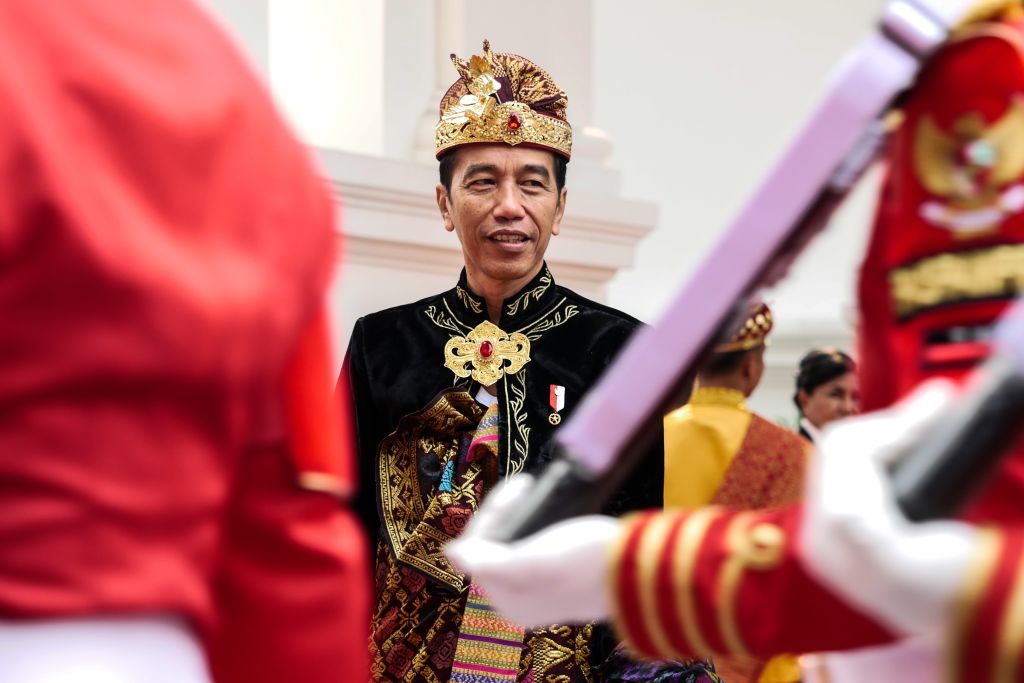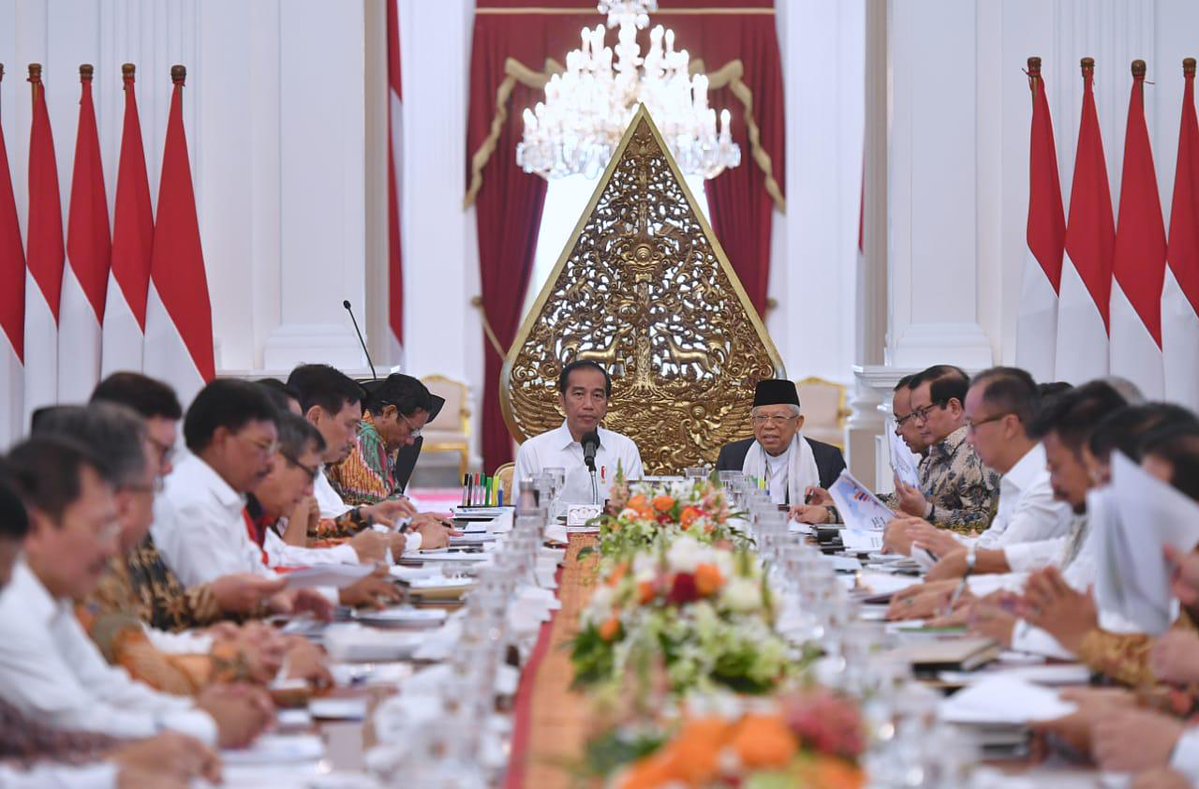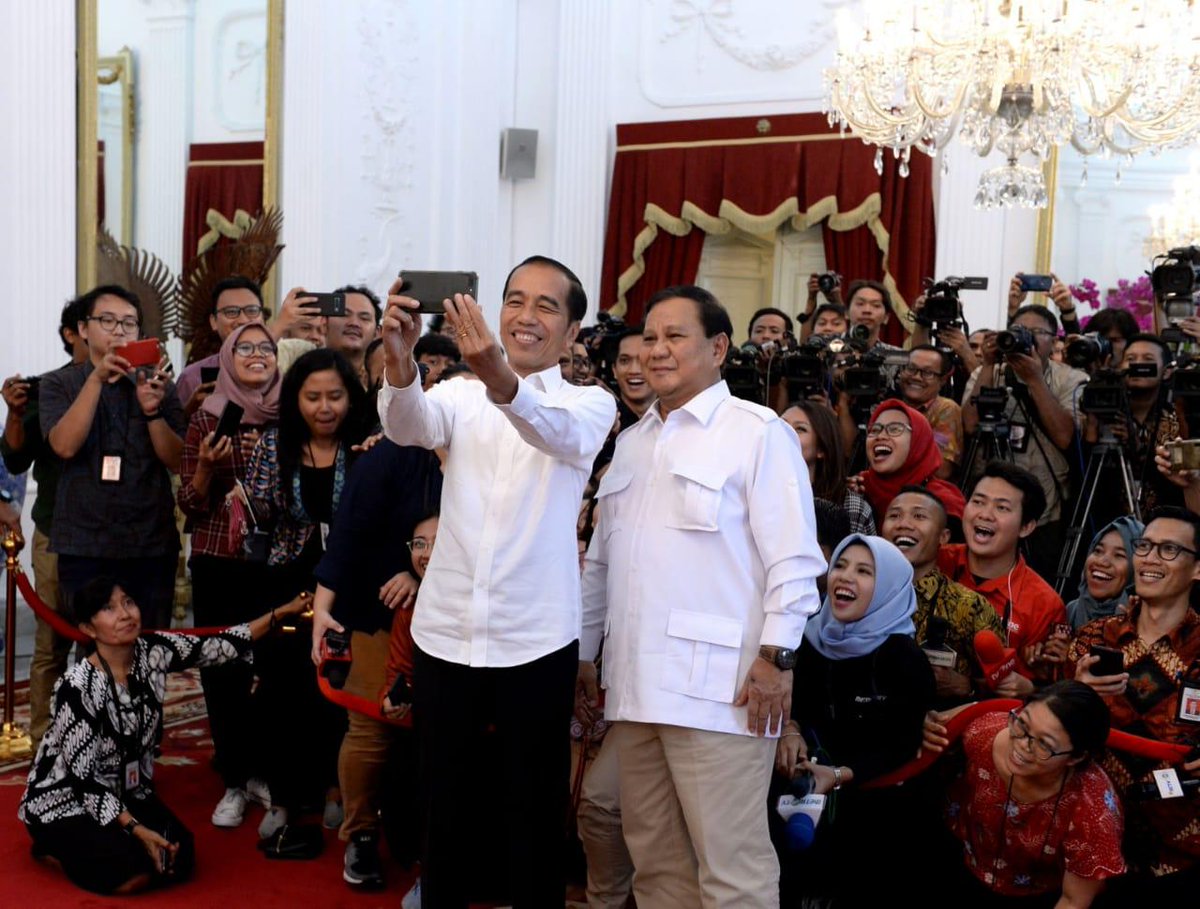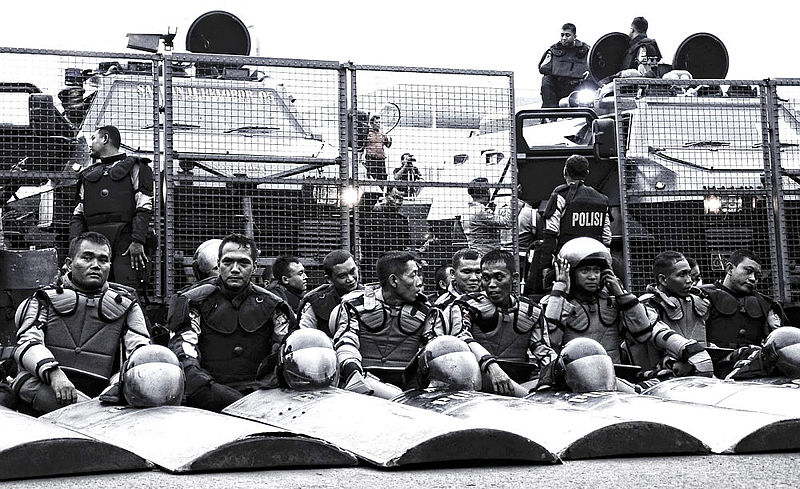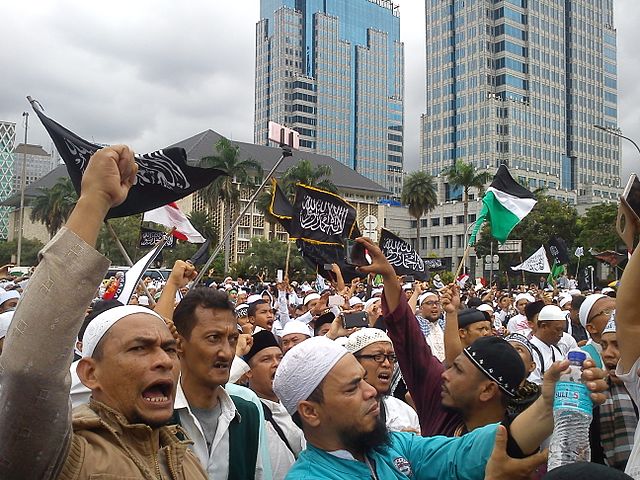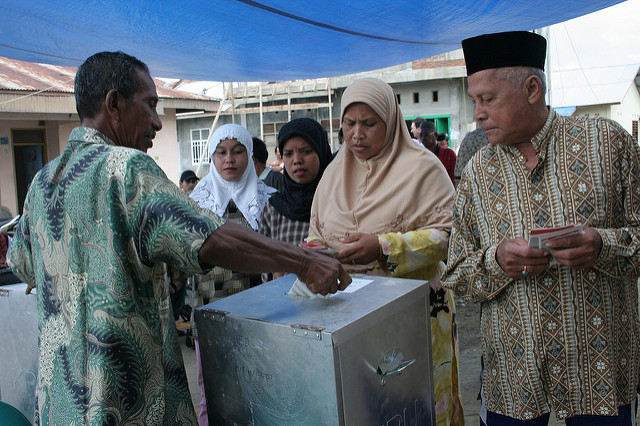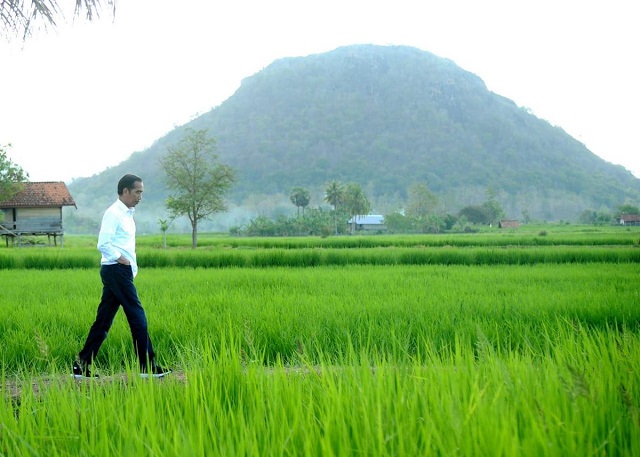Widodo’s defence budget won’t give Indonesia the force it needs
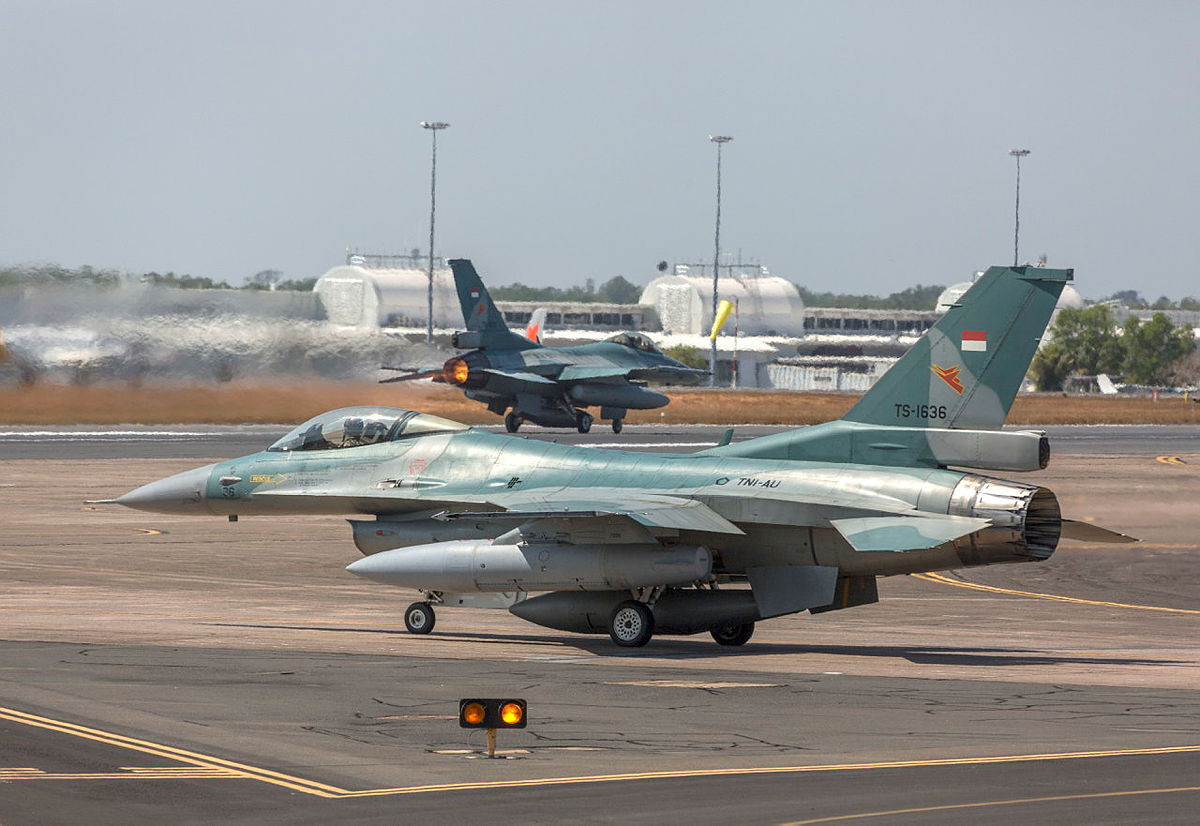
The Indonesian government’s announcement on 27 September of its agreed 2023 defence budgetary allocation leaves Indonesia no closer to having a military capable of wielding a ‘minimum essential force’ (MEF) by 2024, let alone, on its current trajectory, of transforming into the powerful nation envisaged in President Joko Widodo’s 2016 defence white paper or his more recent 25-year grand plan for the Indonesian National Armed Forces (TNI).
On the face of it, Indonesia’s Defence Ministry was the biggest winner in this year’s negotiations on the 2023 budget between the government and the House of Representatives. The defence vote’s ‘indicative ceiling’ for 2023 rose by 3.2% from the 2022 figure to around $13.6 billion, making it the largest single allocation in the budget.
The 2023 budget will provide for some important acquisitions in the near term. According to French sources, Indonesia has provided a down payment for the first six of 42 Dassault Rafale fighter jets that it plans to buy, the first tranche of which is set to arrive in Indonesia in around 2026.
The funds are also reportedly destined for the purchase (at least in part) of two Airbus A400M military transport aircraft as well as possibly two Scorpene submarines.
These acquisitions, and the others currently planned, would go some way towards modernising and improving Indonesia’s military capabilities.
But, as at least one prominent Indonesian commentator on defence has observed, it is simply not enough.
In the first place, the allocation was less than half of the more than $32 billion ambit claim that Defence Minister Prabowo Subianto and his senior military officers had proposed, presumably in part with a view to making up for past shortfalls and reaching the 2024 MEF target. As TNI commander General Andika Perkasa explained to the House of Representatives Commission One (which is responsible, inter alia, for defence and foreign affairs), defence expenditure over the MEF’s current five-year plan (2019–2024) had fallen well below the annual allocations, partly as a result of other priorities arising from the Covid-19 pandemic.
Second, the 2023 budget allocation probably represents a real reduction from the 2022 allocation given the nation’s expected 2022 inflation rate of between 6.6% and 6.8% and the prospect of rates remaining above 3.2% for at least the first half of 2023.
It therefore also represents no effective change in the relatively paltry figure of 0.8% of GDP that Indonesia has averaged on defence spending under Widodo. That figure is substantially lower than those for the other major ASEAN countries, especially Singapore (3.2%), Vietnam (2.3%), Thailand (1.5%), Malaysia (1.1%) and even the Philippines (1.0%). It is also well below Australia’s 2.1% and China’s reported 1.7%.
These raw data also don’t capture the effective use—or otherwise—to which defence funds are put in Indonesia. Leaving aside such perennial questions as the corrupt diversion of moneys and the relative amounts spent on the army versus the navy and air force, the shift towards France as Indonesia’s preferred defence materiel partner, and the implications this has for Indonesia’s current arrangements with South Korea, risks repeating common patterns in Indonesian procurement. The Scorpene move in particular looks to have torpedoed any further purchases of the Nagapasa-class submarines that emerged from Jakarta’s defence relationship with Seoul, and, if realised, would mean that Indonesia will have a mixed fleet of three different kinds of diesel submarines (which also includes one Cakra-class boat). That is bound to have significant ramifications in terms of on-costs and capability.
Given Indonesia’s parsimoniousness on defence expenditure, Seoul is probably also wondering whether Jakarta’s commitments to their collaboration on the KF-21 Boramae multirole fighter aircraft will hold in light of the Rafale deal, notwithstanding Indonesia’s deputy defence minister, Muhammad Herindra, recently expressing his optimism that ‘one day the KF-21 Boramae will become part of the Indonesian air defense system’.
The budget outcome and Indonesia’s defence engagement generally yet again underline the inchoateness of Jakarta’s response to Indonesia’s unfolding strategic circumstances. Like its ASEAN counterparts, the Widodo government is certainly anxious about its external environment. It is not oblivious to the specific problems China’s assertiveness poses to its UN-sanctioned exclusive economic zone off the Natuna Islands. And there’s little doubt that this is contributing to its anxieties and is the major underlying factor in its efforts to strengthen its capacity to deter territorial infringements.
Yet, unlike some of its ASEAN partners, and certainly the likes of neighbours such as Australia, the Widodo government (with the possible exception of Prabowo) gives no indication that it sees a serious and urgent external threat to its sovereignty or scope for independent action—or, to the extent it does, that it is prepared urgently to make the requisite investment to protect them.
Instead, its default position—at least as its foreign ministry publicly enunciates it—is essentially to blame the deterioration in the region’s strategic environment on superpower rivalry rather than the hegemonic ambitions of one of them, and to insist that ASEAN be the central element in a process of cooperation and dialogue focused on alleviating tensions and any clash of interests.
Accordingly, it avoids denouncing Beijing for any behaviour that directly violates its rights (such as incursions into its EEZ by Chinese coastguard-shepherded fishing boats or hydrographic survey vessels), enabling it to maintain its access to the development financing that Widodo prizes above all else. And it allows Widodo to divert moneys that might have been allocated to strengthening Indonesia’s weak capacity to deter external threats to other priorities.
The pandemic’s exigencies certainly justified such a reallocation. More generally, Indonesia’s myriad socioeconomic challenges offer ample reasons for keeping defence outlays to reasonable, defensible levels, and for ensuring that every rupiah spent on defence is effectively and accountably used.
But other regional nations face similar challenges and still manage higher defence outlays. Whether any of those challenges will be met by Widodo’s pet project of a new capital in the Borneo jungle (which, if realised, will cost many billions of dollars), and whether what is left for defence meets decent standards of effectiveness and accountability, are questions that, at best, are moot.
In the meantime, the gap between Widodo’s periodic rhetoric about Indonesia’s becoming a major geostrategic actor capable of securing its growing suite of interests and its actual strategic weight looks set only to widen.


